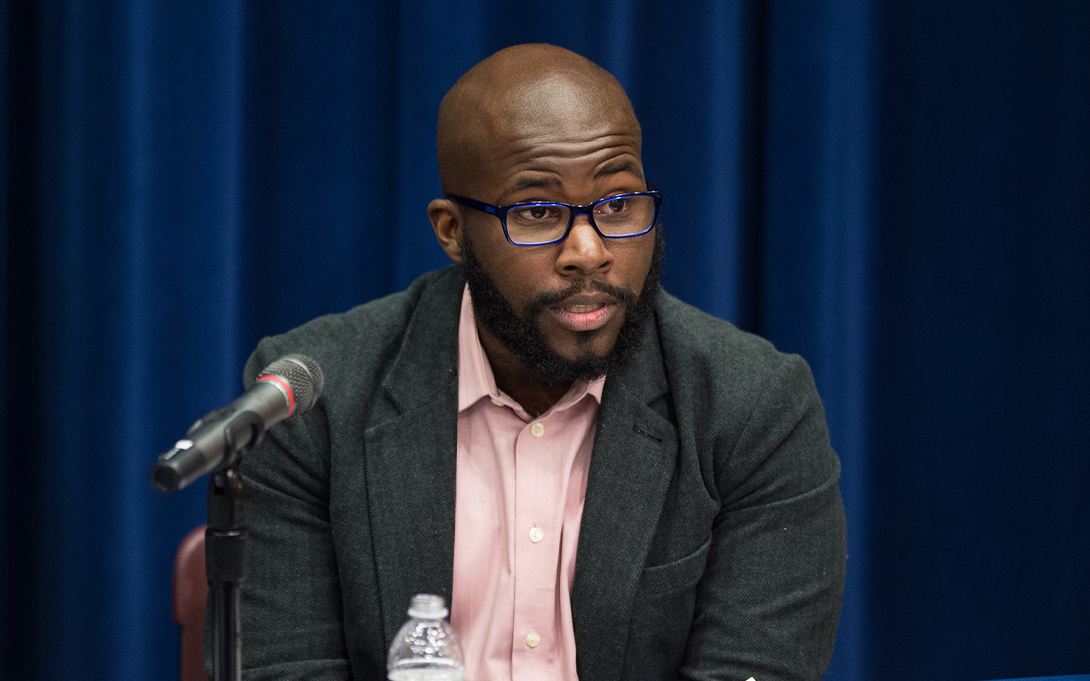
What is the best way to combat racism -- change policies or change hearts? That is the question Matthew Alemu (MPP '09, PhD) contends with in an essay for Bridge Detroit.
"Racism resides where society and policy have yet to tackle it directly, where it has always resided, and where it is most inflexible to change: the heart!" Alemu argues.
"For over a century, Civil Rights legislation, affirmative action, and other policy reforms have persistently faced racist opposition that threaten progress," Alemu writes. "Hearts determined to protect the privileges or 'freedoms' that racial inequality affords them drive this opposition. Consequently, progress must start with engaging the racist hearts of individuals as well as the racist heart of America."
First, however, Alemu says it is necessary to confront the nation's founding documents, which are at the center of racial hypocrisy in this country.
"Here lies the ultimate racial hypocrisy that undermines race relations in this country," he writes. "The hypocrisy lies most noticeably in the explicit declaration that 'all men are created equal,' with the undeclared stipulation that this only applies to whites."
"How are Blacks to interpret a nation that at its heart is so racist that we need legislation to make it love, accept, and protect us?" Alemu continues. "The hearts of individuals are similarly wrapped up in this racial hypocrisy and articulated as love for America, which equates to the hypocritical logic that Blacks should honor a country that had to be forced to honor their humanity."
To address this, we must start with truth, and therefore, the historical and current experiences of Americans of color. There are two ways to bring this truth to light, he writes: disrupt the hypocritical racist version of the truth, or completely overwrite the legacies of this country's hypocritical racism.
"Owning and confronting this country’s racism doesn’t assure that individuals will own the racism in their hearts, too. But it will remove the national hypocritical logic that guides many individual-level racial conflicts," Alemu concludes. "In a nation honest about its historical and pervasive racism, individuals couldn’t hide behind their love for America and love for a whitewashed history of America as excuses to deny racism’s existence. Though individual racist hearts are not guaranteed to change, it doesn’t mean we can’t engage and invite them to change."
Read the entirety of the article in Bridge Detroit.
More news from the Ford School